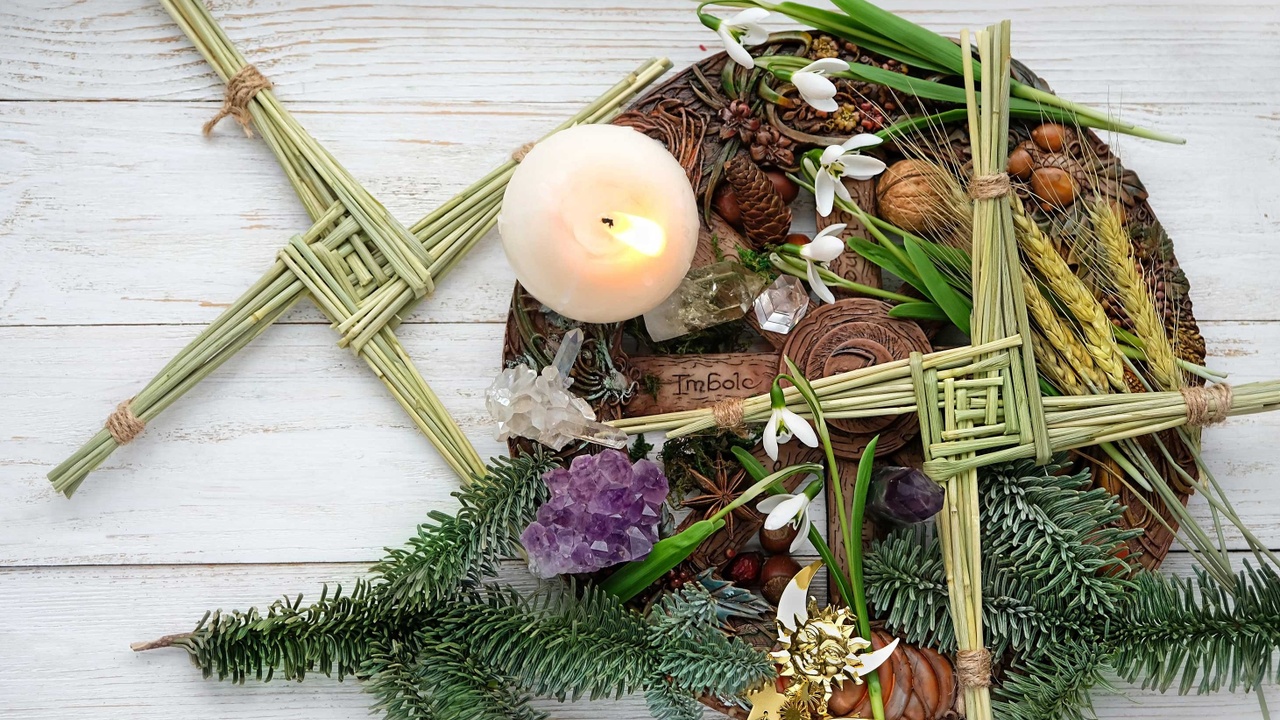How Do Pagan Rituals Cross Over into Our Ceremonies Today?
Apr 25, 2022
Around 80,000 people in the UK identified themselves as pagans in 2011 - which certainly makes it a small community in comparison to other faiths and religions. However, the rituals that stem from Paganism are not small or niche in the slightest. Pagan ceremonies cut across society and influence many every day activities - including religious and non religious ceremonies.
Understanding Paganism in The Modern World
Almost all modern ceremonies have an aspect of paganism. Whether the ceremony is humanist or religious, there are some specific rituals borrowed from paganism. Here is a look at how some modern ceremonies incorporate pagan rituals:
Naming Ceremonies
The decline in religiosity and identification with modern paganism makes childnaming ceremonies a preferred method of welcoming UK children. Most naming ceremonies are characterized by songs, dancing, reciting poems, parental promises to the child, appointment of guardian parents, or planting a tree. A closer look at naming ceremonies reveals a significant resemblance to pagan rituals. Just like in paganism, parents may plant a tree to dedicate the child to nature. Naming is also a celebration of a rite of passage, which is common in paganism.
Funeral Ceremonies
Pagan rituals have also crossed over to modern funeral ceremonies. Pagan or Wiccan funerals may take place in the open, to appreciate the importance of nature in Paganism. The dress code and reading of tributes to the departed are other forms of pagan rituals that define our ceremonies today. Another pagan ritual or element in humanist funerals is the focus on the departed and their relationship with nature instead of their religious beliefs.
Weddings
Handfasting is a common pagan ritual that has crossed over to weddings. During the handfasting ceremony, spouses chant vows and commitment to each other, just like in paganism. Another ritual that is gaining popularity in modern wedding ceremonies is a candle in a hurricane lamp. In paganism, the candle and hurricane lamp represent an altar where the newly-weds can take their vows. Some weddings also include incense burning from selected flowers believed to invite deities and spirits to the altar.
Festivals and Religious Holidays
Pagan elements are also common in major festivals such as Halloween. Although most people consider Halloween a secular festival, it is actually an annual Celtic pagan festival known as Samhain. Christian holidays like Christmas also have some elements of paganism. Popular rituals such as kissing under mistletoe, gift-giving, carolling, and wreaths have their roots in pagan holidays.
Take your Business to the Next Level with Celebrant Training
There is a trend of slow departure from religious practices and approaches to different ceremonies. Most ceremonies are now considered non-religious with some elements of paganism. Such ceremonies allow flexibility and are mostly focused on the wishes of those involved rather than tradition or religion.
As a celebrant, you need an understanding of the trends in the industry and how to best respect your client’s wishes. One way to gain these skills is to join a training program that helps equip you with information on how to conduct pagan ceremonies. For more information, enrol in our celebrant training course at The International College of Professional Celebrants today.

